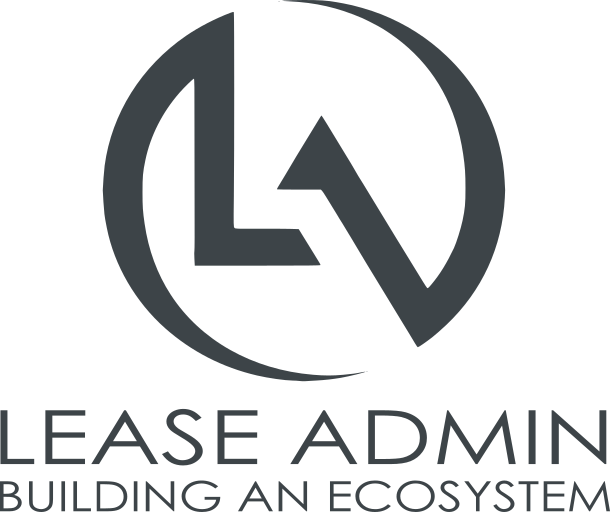Streamlining Real Estate Operations
Effective real estate administration relies on lease management, a crucial element that involves the processes and strategies used to oversee and optimize leased properties. Effective lease management means that operations run smoothly and return on investment is maximized while still adhering to regulations for any commercial, residential, or industrial space.
In today’s dynamic real estate landscape of fluctuating market conditions and evolving regulatory requirements, there is an imperative need for property owners and managers to employ adept Lease Management tools as a way of dealing with intricate matters, reducing possibilities of risks, and exploiting their entire portfolio effectively.
Why is Lease Management Beneficial?
1. Centralized Documentation
Lease management has the major advantage of being able to centralize essential documentation. It implies that property owners can access all necessary information easily to make decisions productively without the risk of errors or omissions by establishing a centralized repository for contracts, leases, and property documents.
2. Financial Transparency
Lease administration systems offer insight into monetary facets including rent payments, expenditures, and lease terms. Such transparency allows those involved to evaluate financial progress, project future cash flows, and negotiate leases well. Furthermore, it helps in the optimal allocation of funds and resources across different properties.
3. Compliance Assurance
The challenges that are faced by real estate administration include ever-changing regulatory requirements and lease obligations. By keeping track of crucial dates, lease clauses, and compliance deadlines lease administration systems help in abiding by legal, regulatory, and contractual obligations. This preventive approach reduces the chances of fines and legal actions.
4. Optimized Occupancy
Effective leasehold administration involves maximizing real-estate occupancy by reducing vacancies and optimizing leasehold renewals. By supervising leasehold expirations, tenant preferences, and market trends, real-estate administration can execute focused retention strategies, bargain positive terms, and captivate prospective tenants immediately. This proactive tenant administration enhances tenant satisfaction and improves real-estate value.
5. Risk Mitigation
Enabling comprehensive risk assessment and mitigation strategies involves identifying potential risks and vulnerabilities related to leasehold agreements. As a property owner, you can minimize risks like defaults, real-estate damage, and liability issues by thoroughly vetting tenant creditworthiness, as well as implementing robust leasehold clauses thus protecting your investment and good reputation.
6. Cost Efficiency
Profitable leasehold administration ensures cost savings through improved leasehold negotiations, decreased administrative costs, and faster processes. One can use leasehold data analytics for saving on costs, securing better agreements with suppliers, and reducing extra operations, hence improving operational efficiency and making more profits.
7. Enhanced Tenant Relationships
For a sustainable property venture, having a good rapport with your tenants is very important. Through a leasehold administration system, managers can keep in touch with the tenants’ concerns and solve them on time besides offering a personalized service leading to trust and a high satisfaction level. Addressing the tenant’s demands promptly rather than waiting until it is out of hand could help in building trust or loyalty between both parties which may result in increased profitability for the business itself.
At least, optimization of real estate operations, regulatory compliance, and increase in returns are greatly dependent on Lease Management and also lead to tenant satisfaction. Estate managers as well as owners can minimize risks, simplify procedures, and unleash property portfolios’ full potential in today’s active market by using sophisticated lease management systems and strategies.


